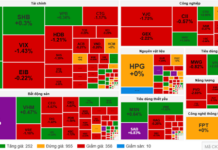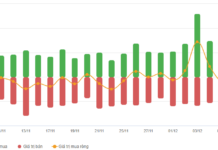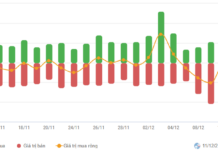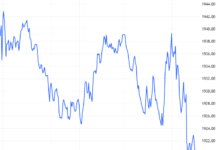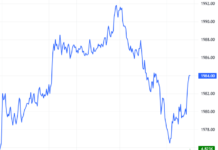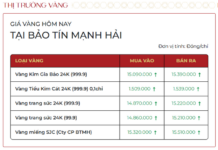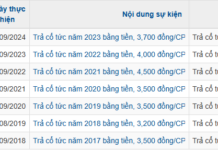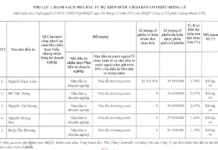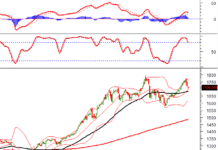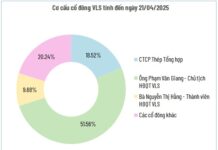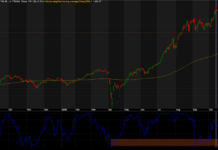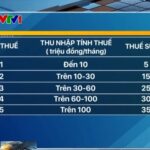According to the recently adopted resolution by the National Assembly’s Standing Committee, the environmental protection tax (EPT) rates for petroleum products remain unchanged from 2025. Specifically, the tax on gasoline (excluding ethanol) is VND 2,000 per liter; diesel at VND 1,000 per liter; kerosene at VND 600 per liter; and mazut, lubricating oil, and grease at VND 1,000 per liter or kilogram. Compared to the previous tax framework under Resolution 579/2018, this represents a significant reduction, demonstrating a continued commitment to supporting the economy during its recovery phase.
The Ministry of Finance estimates that maintaining the current tax rates will result in a budget revenue reduction of approximately VND 41 trillion compared to the old schedule. However, this measure will help cool down fuel costs.
Mr. Bùi Ngọc Bảo, Chairman of the Vietnam Petroleum Association, stated that this is a message of policy stability, particularly in a context where transportation costs, logistics, interest rates, and exchange rates still pose risks. Not increasing the tax burden is a crucial signal, enabling businesses to more proactively forecast costs and plan their finances for 2026.
Mr. Bảo also believes that this policy not only addresses short-term challenges, reflecting the government’s proactive and flexible management, but also creates a “safety cushion” that gives businesses time to strengthen their internal capabilities while maintaining policy space for restructuring the tax system in subsequent years.
A representative from a major distributor in the northern region noted that the EPT currently accounts for about 7-10% of the price structure of petroleum products. Keeping the tax low helps reduce inventory pressure, limit financial risks when global oil prices fluctuate, and allows for more flexible price adjustments.
For transportation companies and businesses with high fuel consumption, such as cement, steel, seafood, and textiles, this support is significant in maintaining competitiveness amid incomplete recovery in international orders and persistently high input costs.
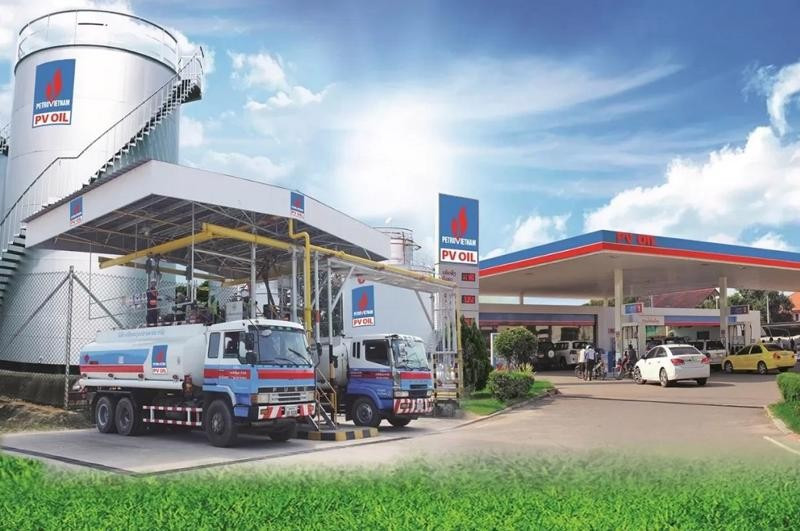
Maintaining low taxes helps reduce inventory pressure and limits financial risks when global oil prices fluctuate.
Mr. Đào Trọng Khoa, Chairman of the Vietnam Logistics Business Association, mentioned that fuel costs currently account for nearly 40% of total operating expenses. “If taxes were to increase at this time, businesses would be forced to adjust freight rates, thereby increasing pressure on the entire supply chain. The National Assembly’s decision helps the logistics system avoid this secondary shock,” said Mr. Khoa.
However, experts note that low tax rates also put pressure on budget revenue. Economist Đinh Trọng Thịnh commented that a reduction of over VND 40 trillion in EPT revenue means significant pressure on the state budget. If global oil prices reverse and rise sharply or domestic consumption demand surges, the government will need flexible tax regulation solutions to maintain production stability without compromising environmental goals.
According to Mr. Thịnh, the EPT is designed to reflect the environmental cost of fossil fuels. If low taxes are maintained for too long, the goal of promoting green energy transition will be delayed. Therefore, alongside short-term stability, a new green tax roadmap, especially for the 2027–2030 period, should be announced soon.
In reality, the petroleum market still faces significant supply-side pressures. Refineries like Nghi Sơn and Dung Quất occasionally undergo extended technical maintenance shutdowns, while domestic consumption demand is expected to recover strongly from 2026–2027. Thus, maintaining stable taxes is only part of the solution; reserve capacity and distribution are the determining factors.
Additionally, as policies such as carbon taxes, emission reduction roadmaps, and Euro V fuel standards are implemented, the EPT system may be adjusted to align with sustainable development goals.
Unlocking Real Estate Tax Policies: Insights from the Ministry of Finance
The Ministry of Finance’s representative emphasized the need for a comprehensive and holistic review of real estate-related tax policies.

